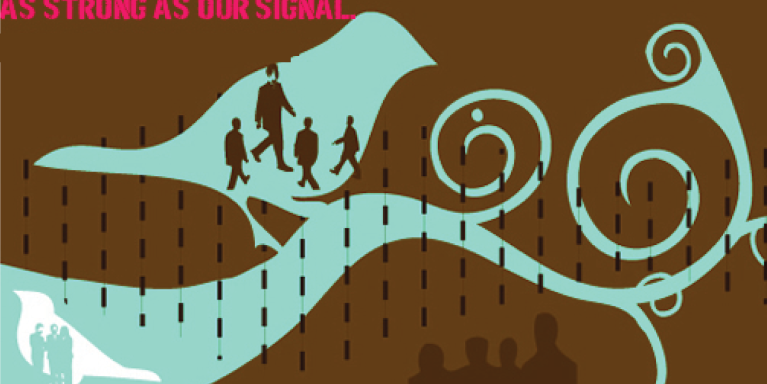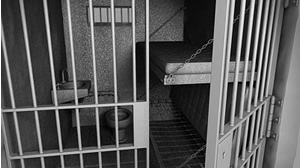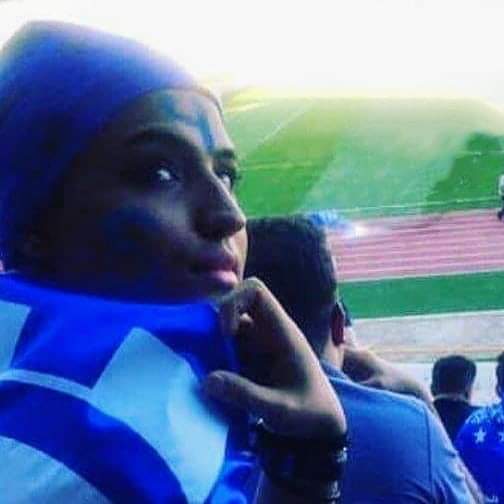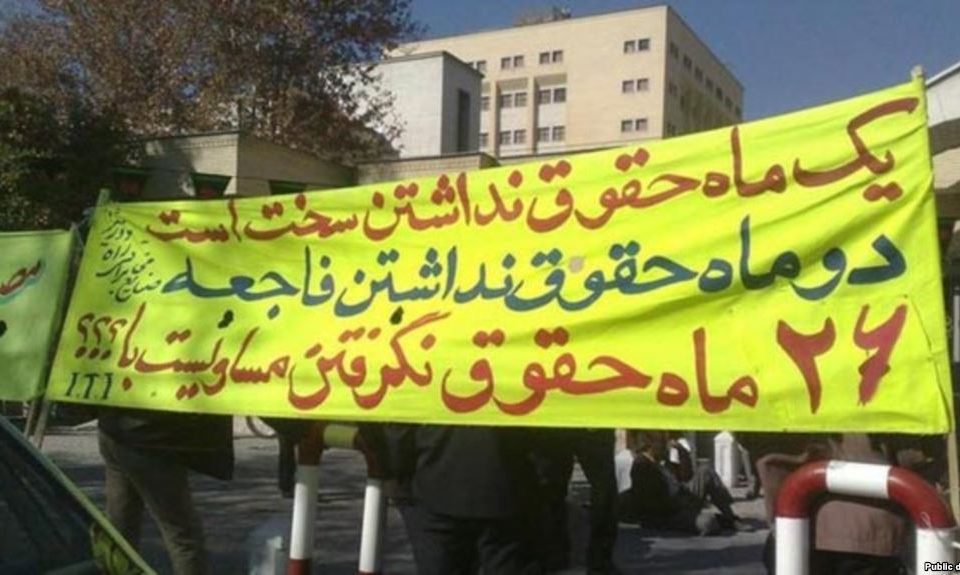
As Strong as Our Signal
March 24, 2011
Massacre of Prisoners in Karaj
March 25, 2011A Special Rapporteur has been appointed by the UN Human Rights Council (UNHRC) to investigate the situation in Iran. When asked how this would effect the situation in Iran, human rights lawyer Shadi Sadr told Arseh Sevom that the reports of previous Special Rapporteurs (Galindopole and Copithorne), appointed before the establishment of the UNHRC, had a positive effect on the conditions in the country, particularly on those of political prisoners.

She adds that the fact that the UNHRC has, for the first time, agreed to appoint a special mandate for the country, “shows us to what extent the international community is prepared to react to the continuing deterioration of the human rights situation in Iran.”
Last year, The Islamic Republic of Iran’s human rights record was investigated by the UNHCR during the Universal Periodic Review. At that time, they were given a list of recommendations (pdf), but no Special Rapporteur was appointed. Sadr adds, “I think today’s resolution is quite important and will be quite effective because not only does having the Special Rapporteur mean more and specific monitoring, but it is also a swift shift in the international community’s approach regarding Iran’s human rights situation. It does not matter if the Islamic Republic of Iran allows the Rapporteur to visit the country or not. The point is that the international community, tired of negotiations with no results…today, has shown its stick rather than its carrot. This is the exact atmosphere that we, Iranian civil society, need to use as a useful platform to push for the demands and rights of the people of Iran.”
Sadr adds, that Iranian civil society needs to be prepared to help the Special Rapporteur by providing reliable information. “The Special Rapporteur is just a mechanism. It would be effective only if all of us have good strategies for providing reliable information. I am sure that there is that potential in Iranian civil society.”




